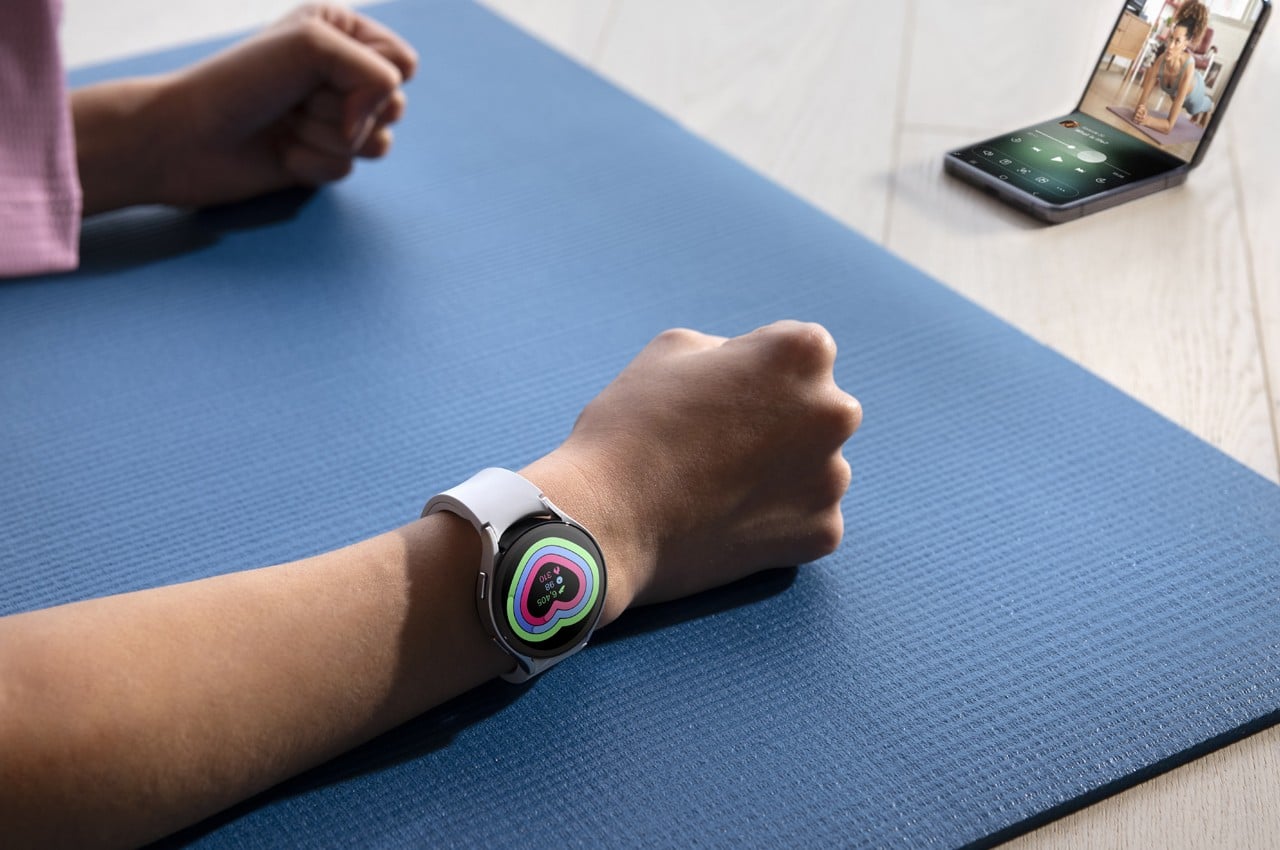
While there seems to be a rising interest in smart rings as condensed fitness monitors, smartwatches are hardly done growing. Smart rings, at least in their current incarnation, promise a discreet way to keep track of your body’s state, but smartwatches have more room for more advanced sensors and features that you can never fit inside a ring. Some of those features might even make the difference between life and death, as proven time and again by Apple Watch anecdotes. Samsung, however, is setting its sights on a more ambitious goal that’s considered to be one of the Holy Grails of home healthcare. In the near future, its Galaxy Watch line could tell the wearer if their blood sugar is dangerously low or high, all without having to prick their skin and draw blood.
Designer: Samsung (via Bloomberg)
Next to heart-related disorders, diabetes is considered to be one of the most serious diseases plaguing people today. In fact, it’s also labeled as a “silent killer” because of how too late a diagnosis often comes. Monitoring one’s glucose or blood sugar levels, after all, is a literally painful procedure that most people would avoid, including diabetics themselves. There is a great and urgent demand for non-invasive glucose monitoring solutions, and Samsung is apparently already eyeing that achievement.
According to the company’s digital health chief, Hon Pak, Samsung is really pushing hard to make this innovation available in a future version of its Galaxy Watch wearables, like the Galaxy Watch 6 pictured in this piece. A non-invasive blood sugar monitor, together with continuous blood pressure monitoring, would definitely put Samsung at the head of the race. Of course, it’s easier said than done, and even the exec can only hope that the technology and the product will be available within the next five years.
It can’t take its sweet time either, because in addition to medical equipment manufacturers trying to cash in on this potentially lucrative future market, Samsung is also racing against Apple. The Cupertino-based company whose Apple Watch has become synonymous with life-saving wearables, has long been reported to be working on a solution as well. Such a smartwatch with a non-invasive glucose monitor will surely be a reality, but whoever gets there first will be able to claim a large share of the market.
Then again, diabetics and healthcare workers probably care less about who launches a design first, as long as a reliable product does indeed arrive. There are already a few non-invasive monitors that indirectly compute glucose levels from other biometrics, but their accuracy is often still in question. A smartwatch might not even be as accurate as those, but anything that will give wearers the faintest clue is still significantly better than not knowing at all until it’s far too late to make a difference.